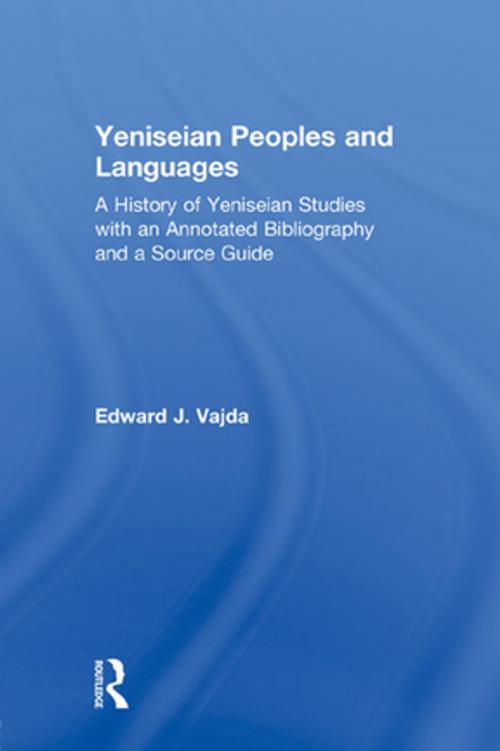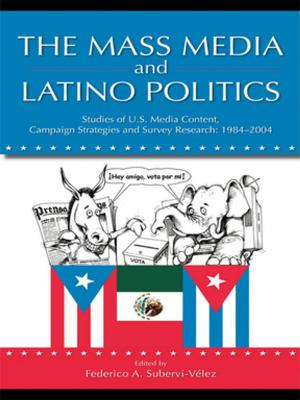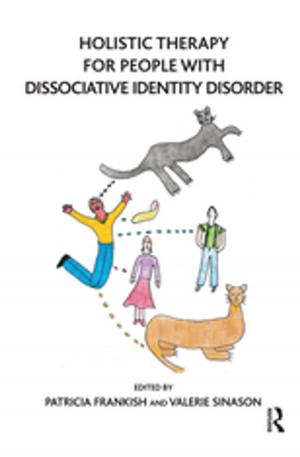Yeniseian Peoples and Languages
A History of Yeniseian Studies with an Annotated Bibliography and a Source Guide
Nonfiction, Social & Cultural Studies, Social Science, Cultural Studies, Ethnic Studies| Author: | Edward J. Vajda | ISBN: | 9781136837401 |
| Publisher: | Taylor and Francis | Publication: | July 4, 2013 |
| Imprint: | Routledge | Language: | English |
| Author: | Edward J. Vajda |
| ISBN: | 9781136837401 |
| Publisher: | Taylor and Francis |
| Publication: | July 4, 2013 |
| Imprint: | Routledge |
| Language: | English |
The Kets of Central Siberia are perhaps the most enigmatic of Siberia's aboriginal tribes. Today numbering barely 1,100 souls living in several small villages on the middle reaches of the Yenisei, the Kets have retained much of their ancient culture, as well as their unique language.
Genetic studies of the Ket hint at an ancient affinity with Tibetans, Burmese, and other peoples of peoples of South East Asia not shared by any other Siberian people. The Ket language, which is unrelated to any other living Siberian tongue, also appears to be a relic of a bygone linguistic landscape of Inner Asia.
Because language isolates such as Ket are of special value to scholars of the original peopling of the continents, linguists have recently attempted to link Ket with North Caucasian, Sino- Tibetan, Burushaski, Basque and Na Dene. None of these links have been proved to the satisfaction of all linguists, and the research continues both in Russia and abroad.
The Kets of Central Siberia are perhaps the most enigmatic of Siberia's aboriginal tribes. Today numbering barely 1,100 souls living in several small villages on the middle reaches of the Yenisei, the Kets have retained much of their ancient culture, as well as their unique language.
Genetic studies of the Ket hint at an ancient affinity with Tibetans, Burmese, and other peoples of peoples of South East Asia not shared by any other Siberian people. The Ket language, which is unrelated to any other living Siberian tongue, also appears to be a relic of a bygone linguistic landscape of Inner Asia.
Because language isolates such as Ket are of special value to scholars of the original peopling of the continents, linguists have recently attempted to link Ket with North Caucasian, Sino- Tibetan, Burushaski, Basque and Na Dene. None of these links have been proved to the satisfaction of all linguists, and the research continues both in Russia and abroad.















